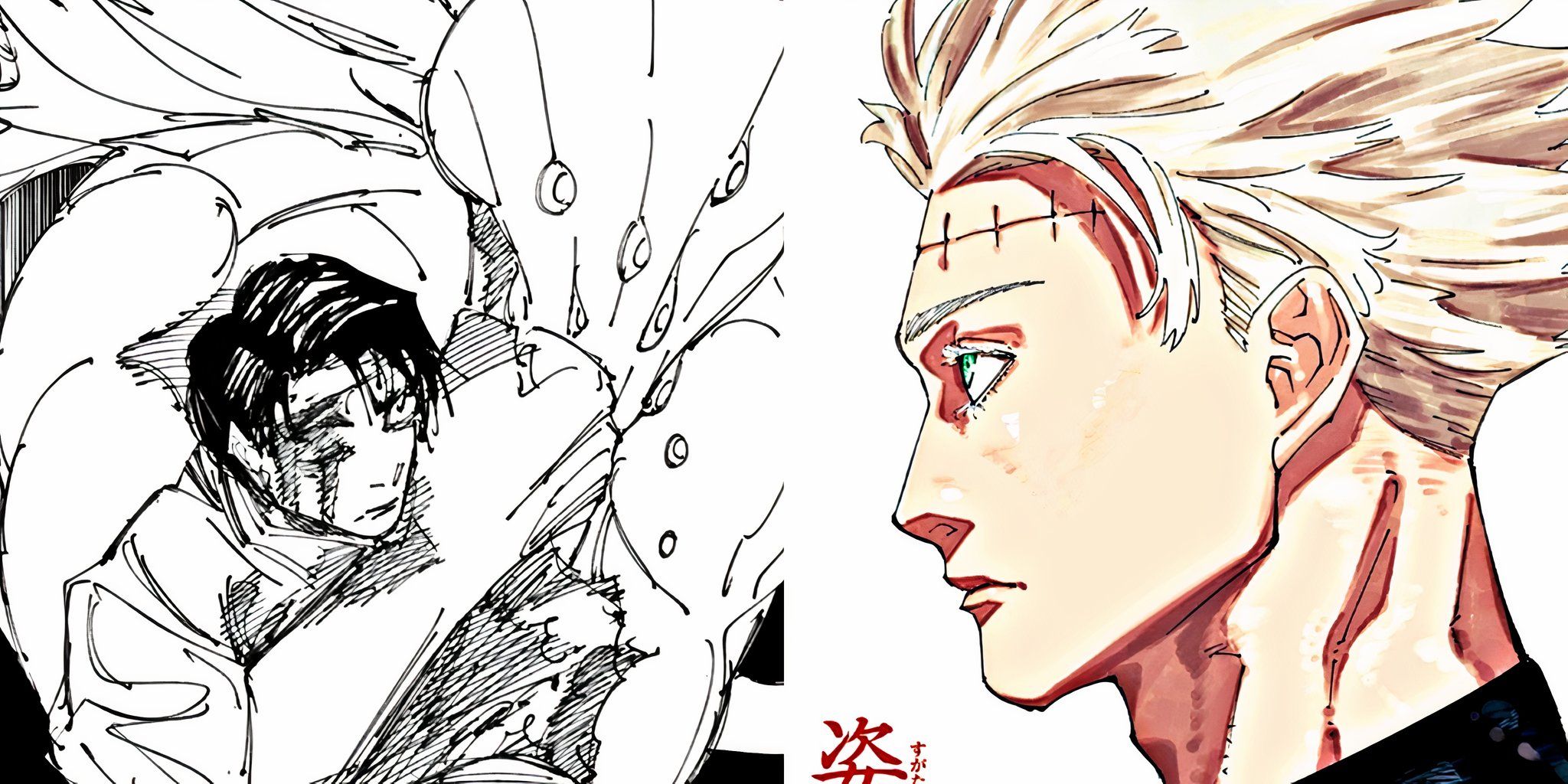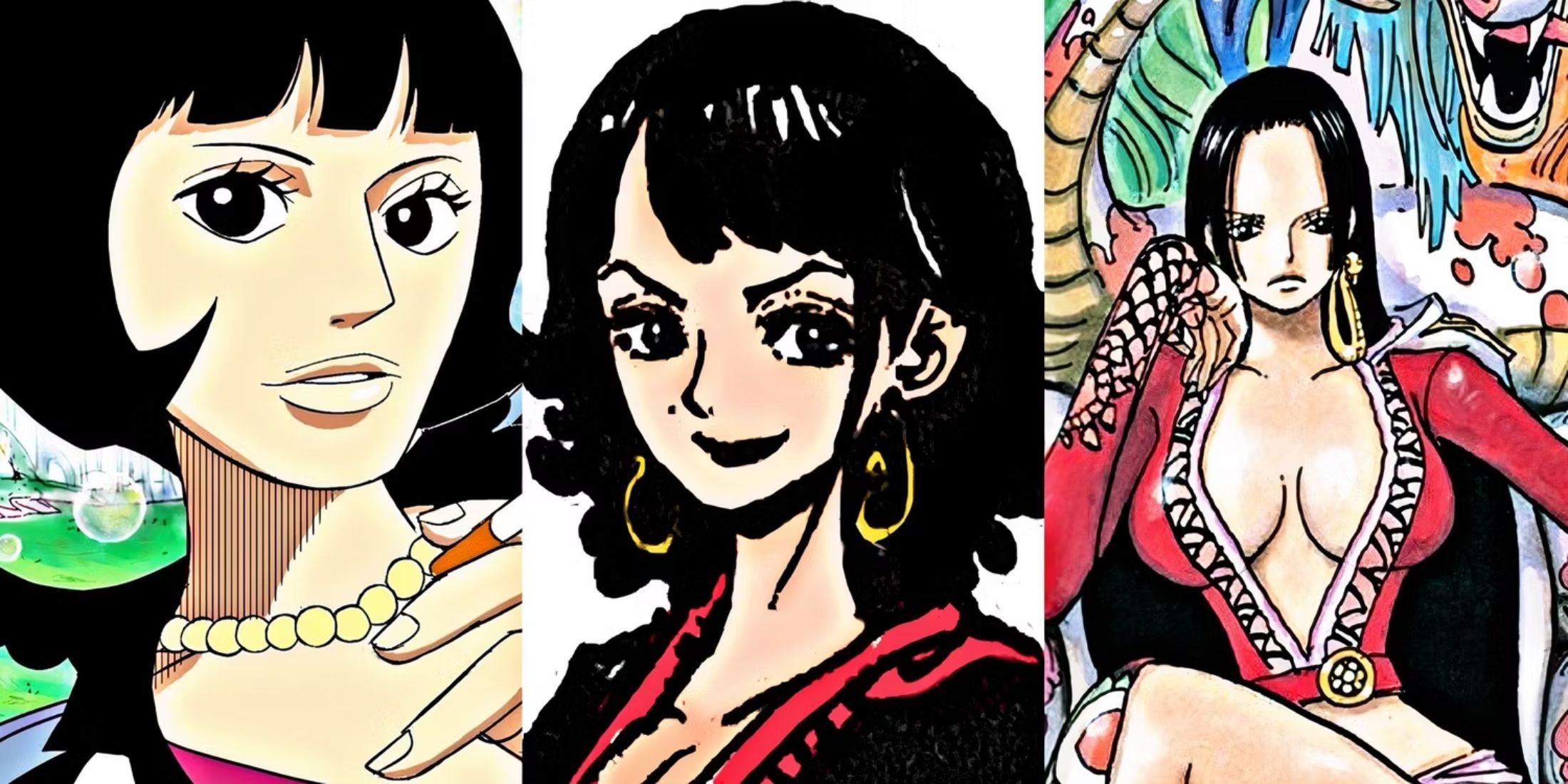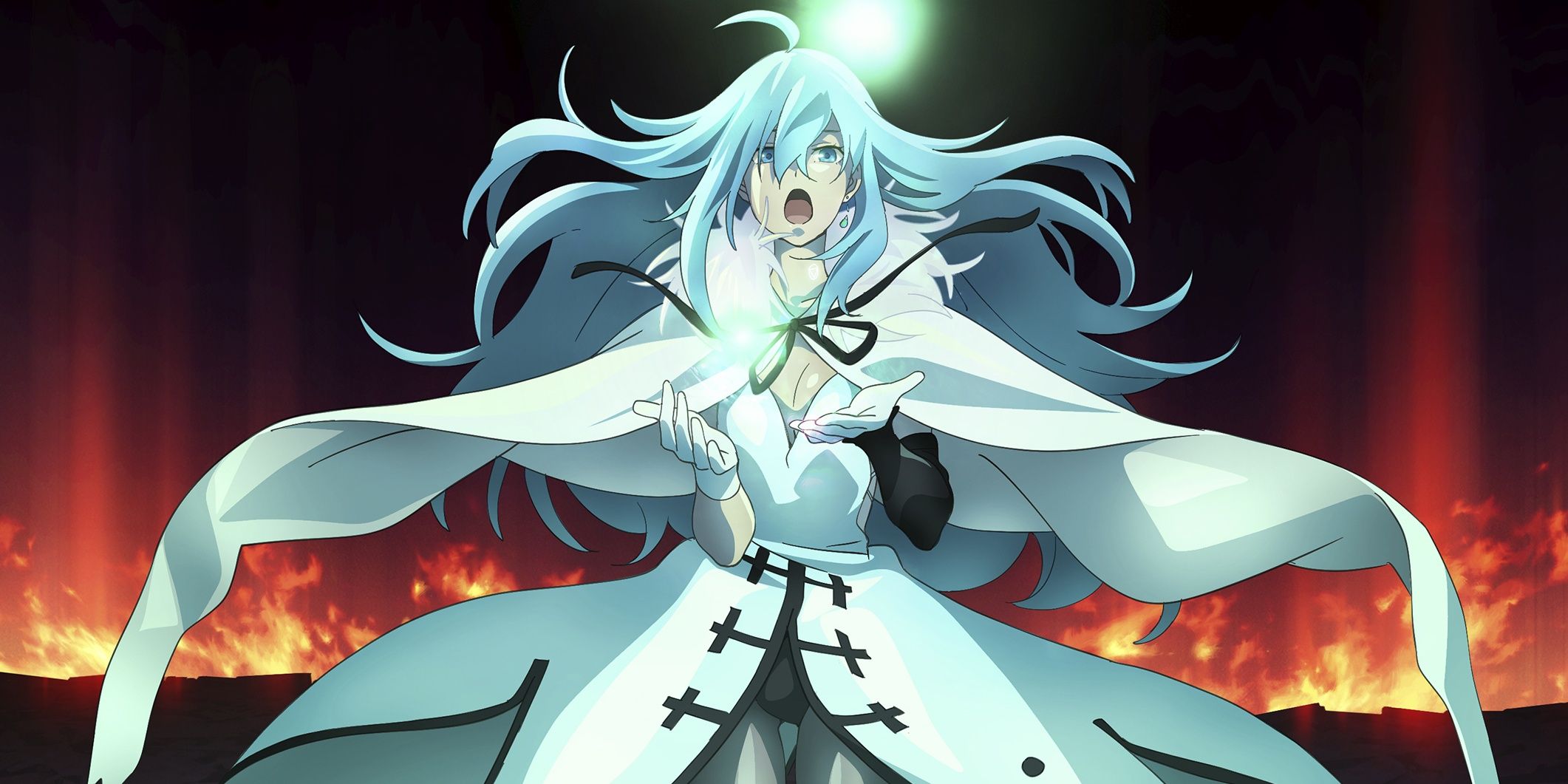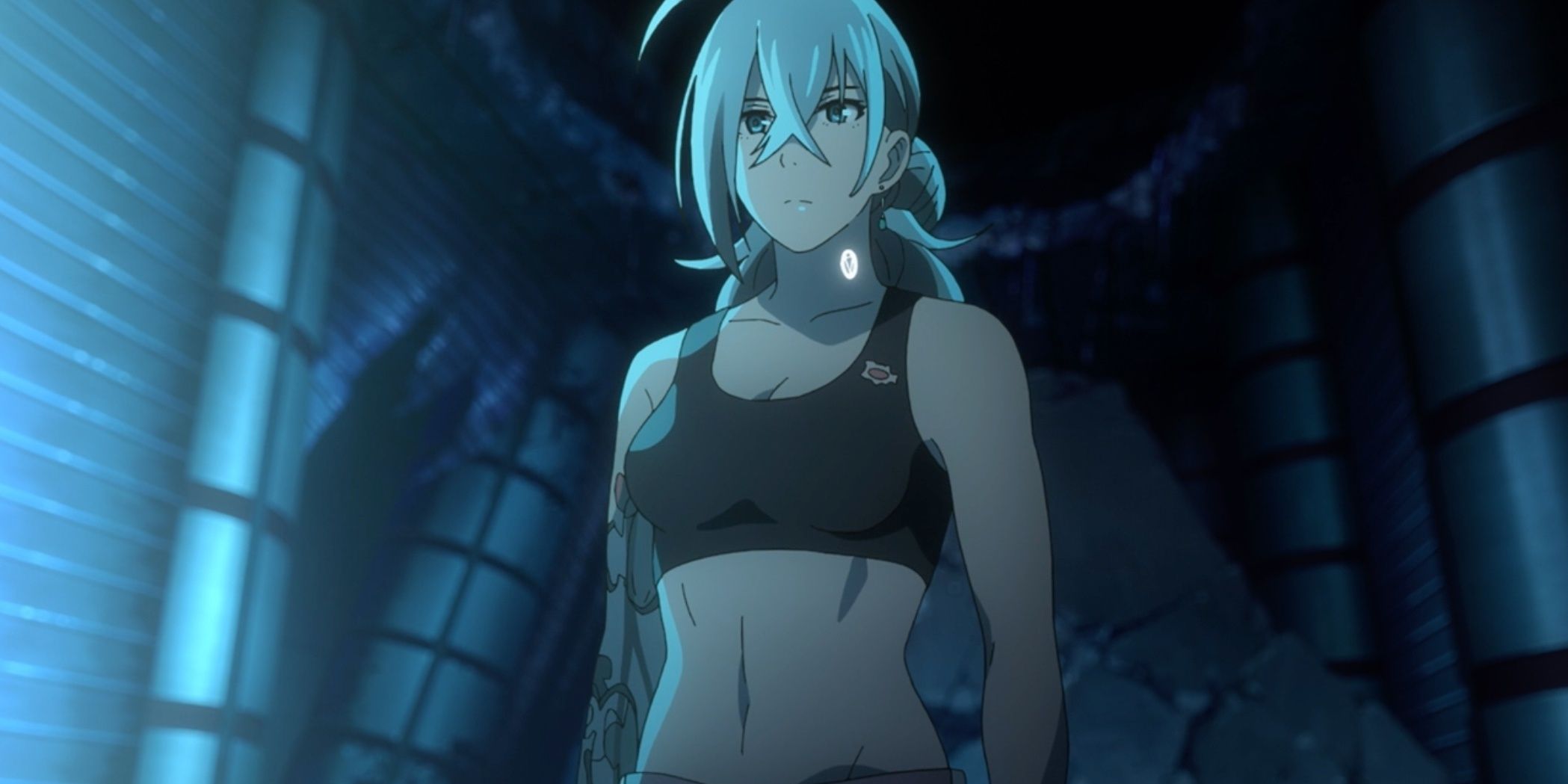2021 is only halfway done, but it’s already been a big year for anime. From over-the-top battle shonen series like Jujutsu Kaisen and My Hero Academia to more offbeat shows like Odd Taxi and Zombie Land Saga Revenge, there’s no shortage of shows that have left their mark on anime fans over the past few months.
However, not all shows can be lucky enough to stand out from the crowd, especially when there are so many new series premiering each season. And in a medium dominated by long-running manga adaptations, it’s particularly rare for an original single-season anime to leave its mark on fans. But sometimes it’s the shows that get overlooked that deserve the most recognition. Vivy: Fluorite Eye’s Song is a recently concluded anime that ran from April to June 2021, consisting of a single season of 13 episodes — all directed by Shinpei Ezaki and written by Tappei Nagatsuki and Eiji Umehara, both known for their work on Re:Zero.
The story begins in the year 2056, depicting a future where humans live alongside robotic Artificial Intelligence helpers. The central protagonist of the series is an AI nicknamed Vivy, the first android created with a human-like body. Vivy is given a single purpose by her creators: to make people happy by singing from her heart. She attempts to fulfill this mission by performing at an amusement park, but her lack of human emotions serves as an obstacle to her goal — after all, how can she sing from her heart if she has no heart to begin with?
At first, Vivy might seem like just another anime about idol singers, albeit with a sci-fi coat of paint. However, it quickly becomes apparent in the first episode that this is far from the case. Vivy is visited one day by a talkative cube-shaped AI calling himself Matsumoto, who claims to have traveled back in time from 100 years in the future. Matsumoto begs for Vivy’s help in preventing the eventual extermination of humanity at the hands of their AI creations. Vivy is suspicious at first, but she agrees to aid Matsumoto in his mission for the sake of humanity’s future. Over the next century, Vivy fights against rogue AI and human terrorists to prevent humankind’s destruction, all the while trying to unravel the nature of the heart.
One notable aspect of Vivy’s story is that the 13-episode season is divided into several smaller arcs, in which Vivy and Matsumoto travel to a new locale to intervene in a major crisis that will shape humanity's future. The second episode plays out like a spy thriller, with Vivy going undercover to stop the assassination of a politician. The third and fourth episodes play out like Die Hard in space, centering around a space hotel that’s besieged by android-hating terrorists. Meanwhile, episodes 5 and 6 focus on shutting down an AI factory on an artificial island called Metal Float. Finally, episodes 7 through 9 take place at a singing competition, putting Vivy’s quest to sing from her heart at the forefront, while the final four episodes of the series conclude Vivy and Matsumoto’s mission to save the future.
The arc-based structure of Vivy allows the series to explore several wildly different settings, characters, and themes in a short period of time, and this was very much by design. In one translated interview, writer Nagatsuki said of the series, “artificial intelligence and time travel are themes that are often used in Hollywood movies, and I believe that it’s a genre that has universal appeal. After hearing about this project, I wanted to cram everything I ever wanted to try using AI into each episode.”
It’s clear that Nagatsuki and the rest of the creators behind Vivy are big fans of stories about AI and androids, and the series wears that love on its sleeve. Not only is each arc filled with new ideas, characters, and worldbuilding to help flesh out the themes of the series, the entire series contains no shortage of overt references to great sci-fi stories of the past. The premise of a time traveler attempting to avert humanity’s destruction at the hands of killer robots has been done in everything from Terminator to X-Men: Days of Future Past.
Vivy’s status as an AI trying to attain humanity calls to mind characters like Data from Star Trek or Joi from Blade Runner 2049. The setting of the Metal Float arc — a factory inhabited by a series of stubby-looking robots with round heads and two beady eyes — is strikingly reminiscent of the video game Nier: Automata. Even Matsumoto’s geometric appearance, single blue eye, and quirky personality are a seeming reference to Wheatley from Portal 2. And of course, no sci-fi story is complete without a villainous rogue AI, paying homage to the likes of HAL 9000, Skynet, and Ultron.
But make no mistake, Vivy is far more than just the sum of its references. While it may take influences from past works of science fiction, it does so in a way that makes old tropes feel fresh and new. The series’ plot points may seem familiar, but the themes and character arcs it creates with them are executed with enough skill and passion to give Vivy a distinct identity all its own. This show is far more than just another seasonal anime — it’s a masterfully-made love letter to the entire science fiction genre. If you love sci-fi or anime, and especially if you love both, then Vivy: Fluorite Eye’s Song might be the perfect show for you.






